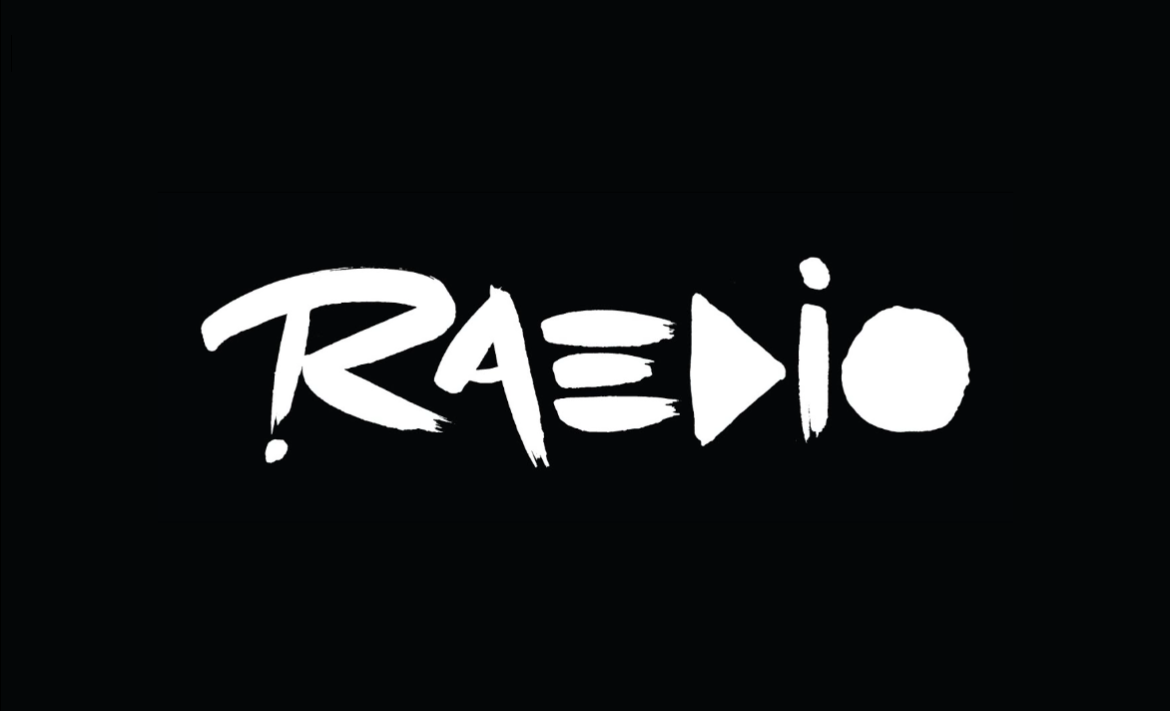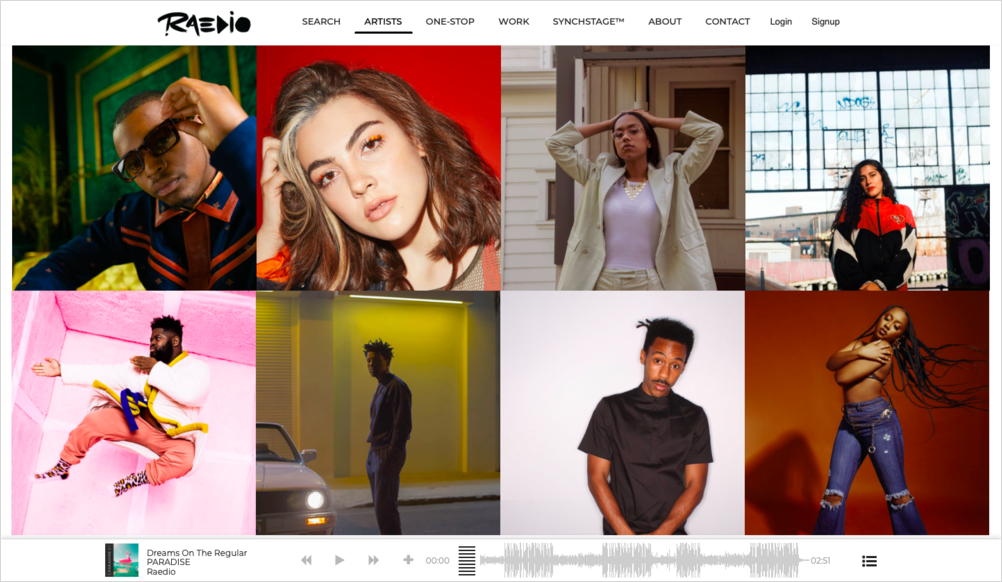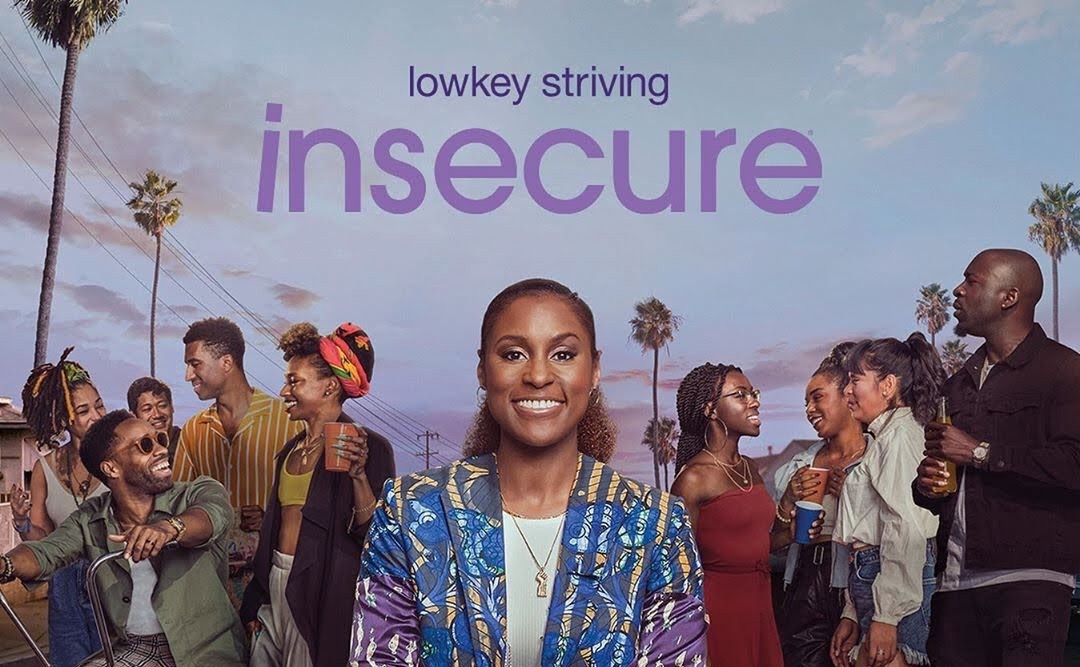In October 2019, Emmy-nominated actress-producer-writer Issa Rae and her longtime business partner Benoni Tagoe launched Raedio, an “audio everywhere company” designed to cultivate new and exciting talent and empower independent artists.
Described by Tagoe as a “five-vertical” audio content company, Raedio includes a publishing division powered by Kobalt, a label in partnership with Atlantic Records, and a music library hosted via Synchtank, as well as music supervision services and live events.
We recently caught up with three of the Raedio music team, Philippe Pierre (VP, Music Supervision & Library), Sarah Bromberg (VP, Music Supervision & Library), and Stephanie Diaz-Matos (Head of Music Supervision & Library), to learn how the company is changing the game for creators who are often overlooked.
First up, what does your roster look like so far? What do you look for in the artists that you sign?
Philippe Pierre: Our first signing is Haitian-American singer TeaMarrr, whose debut EP Before I Spill Myself dropped on May 29th. It’s a beautiful project. We also just signed Yung Baby Tate, an amazing Atlanta-based artist who got involved with us through our writing camp. So, at the moment the roster is two dope black women who bring so much to the table as far as artistry and integrity. We’re mainly focused on those two acts, but we’re keeping an ear to the streets and there’s definitely plans for future signings.
In terms of what we look for in an artist there are a couple of factors. First off, the music needs to make us feel something and it needs to be about something. How determined the artist is also plays a factor – how much are they doing for themselves before we can step in. And then last but not least, we’re looking for artists who have something to say. We want to give them a platform to express themselves.
What’s unique about what you’re building at Raedio? What makes your approach different?
Philippe Pierre: For me it’s the ecosystem that we’re building. We’re giving artists the opportunity to participate in the sync world by pairing them with film and television projects. For us it’s about being champions of artists who don’t necessarily get that look. When we give them a look, they get a look.
Sarah Bromberg: I think that we have a group of people who are really interested in changing the game, expanding the game, and taking a new look at what a music company can be.
We have a group of people who are really interested in changing the game, expanding the game, and taking a new look at what a music company can be.
– Sarah Bromberg, VP, Music Supervision & Library
Stephanie Diaz-Matos: We’re operating under a mission of having great creative control and great creative expertise. From the top down, the top being Issa, we’re all aligned on this mission of promoting and shining a light on unique voices that need to be heard. We’re super excited about that.
Can you tell us about developing the Raedio Library and the role that in plays in the Raedio ecosystem?
Philippe Pierre: For us, coming into the library space was really about creating something real and authentic that not only sounds like something you’d want to listen to, but also is something that works for sync. We took a very curated approach in terms of what we wanted it to sound like and the producers and composers that we wanted to work with. We needed a site that made it easy for our clients to browse and search our catalog, and to get it out to studios, directors, producers, music supervisors, everybody. Synchtank has been a great partner on that front. The platform is very clean and flows really easily.
For us, coming into the library space was really about creating something real and authentic that not only sounds like something you’d want to listen to, but also is something that works for sync.
– Philippe Pierre, VP, Music Supervision & Library
So you’ll be looking to place tracks in Issa Rae Productions but also in external projects as well?
Sarah Bromberg: Yeah, we have the ability to use our library as much and as often as it makes sense creatively in our internal projects, but the main thing is we really believe in it and we want it out in the world for other people to use in their projects.
Stephanie, can you tell us about Raedio’s acquisition of your music supervision company, Bonfire Collective. How did that come about and what does it mean for the company?
Stephanie Diaz-Matos: I had been running my own business for several years and had always imagined growing it into something bigger than me. I had always wanted to have a music library and a really strong relationship with a label and a publisher, and to be truly full service. Issa and I are both repped by the same agency, UTA, and so they played matchmaker. When we met it just sort of clicked. We really understood each other, and I was ready for the next thing. So now all of the projects that were operating under Bonfire Collective have moved over to Raedio.
The interesting thing about Raedio is that all of the different elements operate independently but also work together. So we have the ability to consult on or supervise Issa Rae Production projects, but we’ll also work on external things as well. We all agree that serving a project the best way we can creatively is the number one priority, so we’re willing to look at whatever scenario makes that possible. Godfather of Harlem is an example of an external project that we’ll be running through Raedio. We also worked on a new show on Starz called P-Valley that premieres July 12th, and there’s a series called Woke that’s coming to Hulu in the fall which is a very special project.
As an “audio everywhere” company, can you tell us about some of the ways you’re showcasing artists across all of your platforms, from film and television to social media and beyond?
Stephanie Diaz-Matos: I think we’re really trying to make a cultural connection and build a movement out of music fans, and that starts with our social media. If you look at our Instagram, you can see some of the things we’re doing with Insecure, for example, where we have these Raedio times with TeaMarrr and Yung Baby Tate and they talk about the music after the show. We’re trying to build out the story around the music whenever possible.
Philippe Pierre: It’s easy for brands and organizations to have mission statements, but you rarely see them materialize in real life. I think my first experience of thinking, oh, this really is “audio everywhere”, was when we curated the music for the Aliétte AW20 New York Fashion Week show. I think “audio everywhere” is just really about being anywhere the culture is and being able to have a presence there.
I think “audio everywhere” is just really about being anywhere the culture is and being able to have a presence there.
– Philippe Pierre, VP, Music Supervision & Library
What’s Issa Rae like as a leader? How involved is she in the day-to-day running of the business?
Stephanie Diaz-Matos: She’s a thousand percent inspiring and amazing and everything you would hope. She has her hands in a lot of different businesses, but she’s definitely very involved, particularly on the label side. And she’s so funny. She’s working her ass off and yet somehow, she makes us laugh all the time.
Sarah Bromberg: She has her hands in everything that she does and is constantly working. We were actually just saying yesterday, we don’t know how she does it!
Philippe Pierre: As Stephanie said, it comes from the top down. The energy starts with Issa and flows down to us.
The music in Insecure is such an important part of the narrative. How do you work with the show’s music supervisor Kier Lehman to make it happen?
Philippe Pierre: There’s two facets to how we get involved with Insecure. Back in December, Issa asked us to do a Raedio writing camp for Insecure specifically. We spent two days locked in sessions and created a whole bunch of music based on directions given by Issa and Kier, and we were able to get a couple of the songs placed within the show.
We’re also one of the partners on the Insecure soundtrack with Atlantic Records, so we’re very involved in the rollout of that. I believe it should be coming out within the next week or so. We like creating worlds around projects, so it isn’t necessarily just the music that we want to give you. We want to give you an experience and really have you buy into the world that we’re trying to create. It obviously all derives from the music, but we definitely want to create more, do more.
Can you talk us through some of the biggest music moments of Insecure S04 so far?
Philippe Pierre: In the season thus far, I would say episode 7 is one of my favorites personally. We were able to get a couple of songs placed in there. We had the end credit song, “Right on Time (feat. Lonr.)” by B.K. Habermehl, which is an important song that was made at the writing camp, and also a song called “Dead of the Night” by B.K. Habermehl and Killboy. I remember being in the room as that was being made and so seeing it in one of the scenes in that episode was like, woah.
Stephanie Diaz-Matos: Another one of our songs from the writing camp, “Never Lonely” by Yung Baby Tate (feat Jozzy), was in the trailer for S04 as well, which was great. That was before we signed her, so that’s another full-circle moment.
The Covid-19 pandemic has had a huge impact on both the music and film/TV industries. How has it affected what you do?
Sarah Bromberg: The shows that we had in production were shut down, so we’re kind of in a holding pattern until production is allowed to resume. We had a few shows that were already in post-production, so we were able to continue working on those, which is great. Everybody’s in the same boat, just waiting to see when we can start up again. But luckily the stuff that’s in post and everything going on with the label has kept us really busy.
I’m personally quite proud of the fact that we’ve hit the ground running even though the world stopped. We’re in our infancy right now, but we’re small but mighty.
– Stephanie Diaz-Matos, Head of Music Supervision & Library
Stephanie Diaz-Matos: We’re cautiously optimistic that by the fall we’ll be back, but I fully expect things to be a bit different. I always say I have such faith in the resilience and resourcefulness of our business, so I’m sure people are going to figure it out. I know that people are still pitching and buying shows, and seasons are getting picked up, so to me that’s all a sign of faith in the future of our industry. At Raedio we’ve only been operating together as a team since January, so I’m personally quite proud of the fact that we’ve hit the ground running even though the world stopped. We’re in our infancy right now, but we’re small but mighty.


